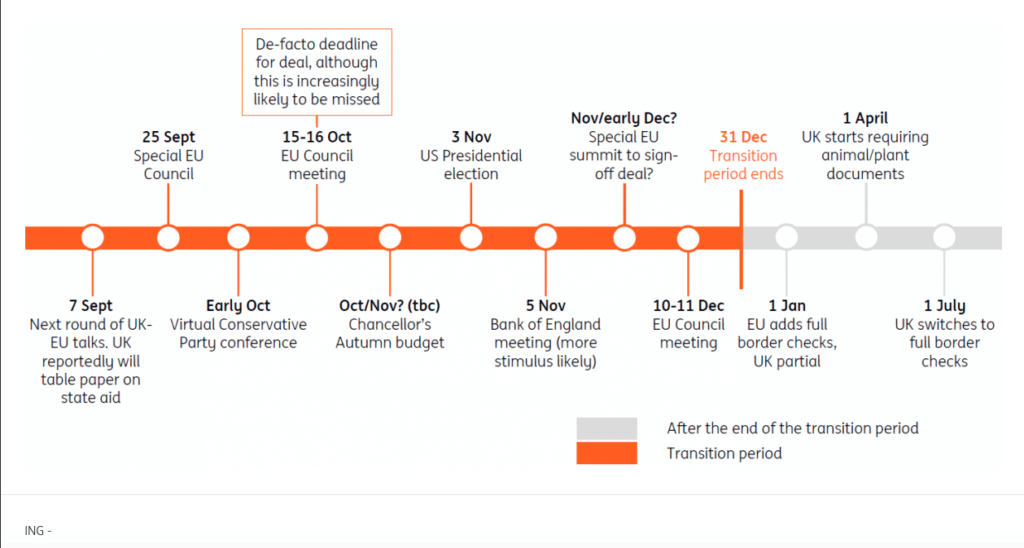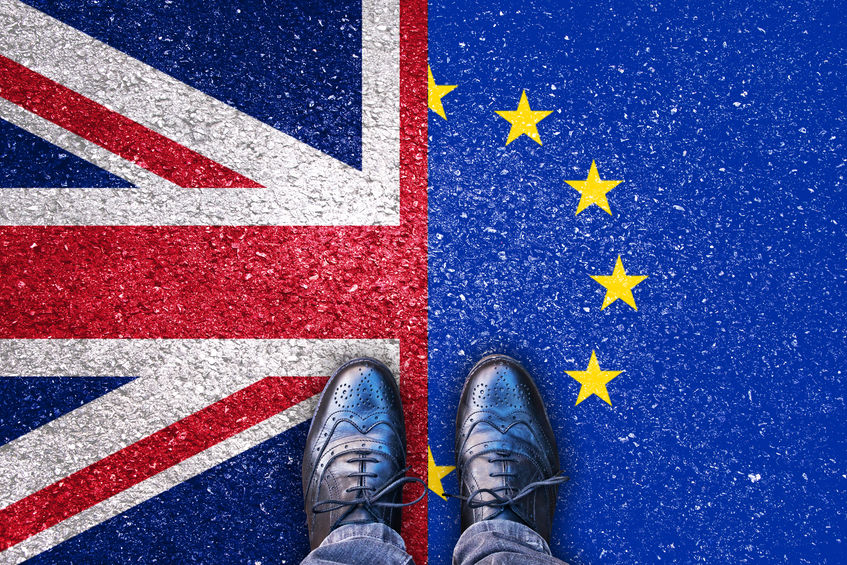Doesn’t it seem that Brexit should be done by now? After all, we’re nearing the end of 2020 and the the UK voted to leave the Eurozone back in June 2016. After four years, the fact is Brexit has not yet actually happened although both sides have officially agreed to split. Yes, the UK is actively pursuing bilateral trade deals with major trade partners — recently with Japan — but its trade relationship with the Eurozone remains unsettled and a bit unsettling. And now this: During the first week of September, UK Prime Minister Boris Johnson — a huge fan of Brexit on the UK’s terms — proposed new ‘Internal Market’ legislation that basically undermines the Brexit withdrawal agreement signed by the UK and the Eurozone in January 2020.
An ‘Internal Market’ of Its Own
As of now, the UK is still part of the Eurozone single market and abides by the same regulations and standards that apply across the continent. Post-Brexit, Johnson is proposing a common market for all of England, consisting of the UK itself and also Scotland, Wales, and most importantly Northern Ireland. Currently, regulations for things like food labeling, energy efficiency, and support for farmers differ within England and are directly controlled by the governments of Scotland, Wales and Northern Ireland.
Renewed Border Skirmish
An ‘internal market’ consisting of all of England is tricky because Northern Ireland shares a border with a Eurozone member, the Republic of Ireland (aka Ireland). What was agreed is that Northern Ireland would play on both sides: it would remain in the UK customs union BUT it would enforce Eurozone standards on agriculture and manufacturing. Therefore, if sheep from the UK were to cross Northern Ireland on the way to Ireland, new tariffs and regulations would apply, since Ireland remains in the Eurozone. The precise nature of these new tariffs and regulations was to be negotiated between the EU and the UK in parallel with the trade talks. And therein lies the rub: Boris Johnson’s internal market legislation would give the UK the right to decide unilaterally how to implement sensitive aspects of the Brexit treaty, specifically as they apply at the Northern Ireland border.
December 31, 2020 Is Do or Die
Johnson’s internal market zinger comes during the 8th round of post-Brexit trade talks between the UK and the Eurozone. The European Commission has already threatened the UK with legal action if it doesn’t withdraw the Johnson proposal by end of this month. Johnson’s government, not surprisingly, swiftly snubbed this ultimatum. Even if this issue is settled, there are additional sticking points around fishing and how much support the UK government will provide its domestic industries as they compete with Eurozone businesses post-Brexit.
When will all the horse trading end? The UK and Eurozone need to finalize their deal by Dec. 31, 2020, when the transition period officially ends (end of orange line on chart below). If they don’t have a final agreement by then, the UK will have to abide by World Trade Organization rules when dealing with the Eurozone, which are not as favorable. We will continue to monitor the situation and provide updates on new developments.
Timeline for Brexit




